Etiquette in Japan – key things you need to know
When exploring a new country, it’s common to pick up a few essential phrases to facilitate communication. However, it’s not just language skills that tourists need to consider; etiquette and expectations can vary widely from country to country, and Japan is no exception.
While Japan is renowned for its longstanding unwritten rules of etiquette, it’s unrealistic to expect visitors to know every nuance. Keeping this in mind, and with it typically being a peak time for holiday bookings, the experts at JRPass have compiled some helpful tips for tourists navigating etiquette and practices in Japan.
Here are some key considerations for visting Japan:
COVID etiquette and regulations
Although other countries had relaxed rules around COVID some time ago, it wasn’t until quite recently that COVID rules and mask guidelines were significantly eased by Japan’s government. Now, visitors to the country no longer need to provide a clear covid test or proof of vaccine before entry into Japan.

That said, when it comes to masks, although there is currently no mandate from the government, it is still common to see many people in Japan wearing masks, especially in crowded places and on public transport.
Ultimately, it is up to each individual how they choose to behave in regards to COVID-19 measures, and there is a mixture of attitudes and behaviours across the population in Japan.
Greetings and bowing
The customs for greetings in Japan look noticeably different than those in most western countries, and bowing is the most common Japanese greeting, ranging from a nod of the head to a deep bend at the waist.

Bowing is not one size fits all in Japan: there are different types for different situations depending on context, social status, age, and more. In more casual situations, for example, a bow of the head (similar to a nod) may suffice.
If you aren’t sure what type of bow is required in a given situation, don’t panic. Tourists are not expected to know the intricacies of the bowing customs in Japan. You will be able to follow suit with those around you, and after some time you will likely be choosing the appropriate bow without even thinking about it.
Restaurant culture and table manners
Although eating out in Japan is a different experience to traditional western restaurants, you will pick up the customs and learn as you go. However, here are some simple pointers to help get you started.

- Many Japanese restaurants will have traditional seating, consisting of low tables and cushions on the tatami floor. Make sure to take off your shoes before stepping onto the tatami floor and avoid stepping on any cushions other than your own.
- Before the meal, a hot steamed towel (“oshibori”) is offered and should be used to clean your hands (not your face).
- It is common to wait until everyone has received their food, and then start the meal with the phrase “itadakimasu” (“I gratefully receive”).
- When eating from a small bowl, it is good manners to pick this up with your hand and bring it closer to your mouth.
- Slurping is encouraged.
- Avoid raising food above your mouth during the meal.
- Important chopstick rules: never stab your food; don’t place chopsticks upright in the bowl (this is a ritual reserved for funerals); use the opposite end of your chopsticks to serve yourself from a communal dish; on’t point at things (dishes or people) with your chopsticks.
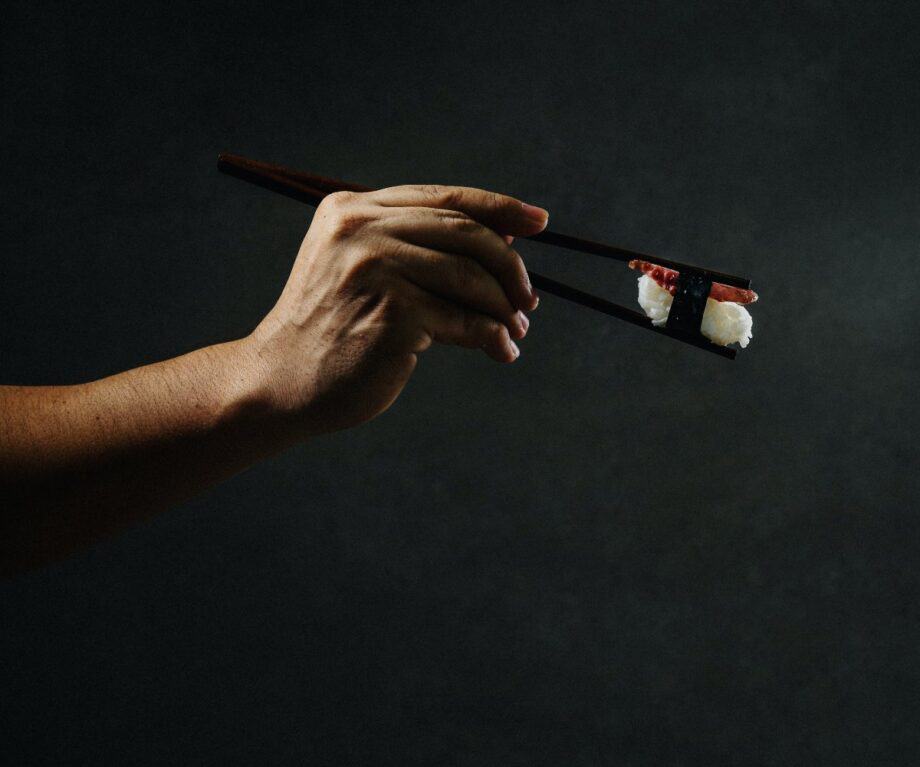
- It’s customary to serve each other, so you should never pour your own drink (you pour your friends’ drinks, and they return the favour).
- At the end of the meal, return everything on the table to how it was at the beginning, returning lids to dishes and placing chopsticks back on the rest or holder.
- Usually, the person who invited everyone will pay for the meal.
Everything you need to plan your trip in 2024
🌟 Luxury hotel deals from Booking
🏡 Vacation rentals from VRBO
✈️ Flights from KIWI
🛫 Private jets from Private Jet Finder
🅿️ Airport parking from ParkVia
🛋️ Airport lounges from Priority Pass
🚖 Airport taxis from Welcome Pickups
🚫 Flight cancellation help from AirHelp
🚗 Car rentals from Discover Cars
🚐 Luxury RV rentals from RVshare
🚴 Two-wheelers from BikesBooking
🚅 Trains from Trainline or Rail Europe
🚢 Cruises from Cruise Direct
⛵ Yacht charters from SeaRadar
🛥️ Ferries from Direct Ferries
🎫 Attractions tickets from Tiqets or Klook
🎭 Events tickets from Ticketmaster UK
🏞️ Tours from Viator or GetYourGuide
🌮 Culinary experiences from Eatwith
🏖️ Packages from Expedia US/CA or UK
🛡️ Travel insurance from Safety Wing
🏥 Medical insurance from World Nomads
📸 Vacation photos from Flytographer
🧳 Luggage from Case Luggage
🛅 Luggage storage from Stasher
📚 Travel guides from Lonely Planet
🗺️ Books and maps from Barnes & Noble
📕 eBooks from Kindle Unlimited
🎧 Audiobooks from Audible
🎬 Movies from Prime Video UK
🎵 Music from Amazon Music UK
💶 Travel currency from Wise
📱 SIMs from SimOptions
🌐 VPNs from ExpressVPN or NordVPN
🛂 Visas from iVisa
💸 Earn with Travelpayouts
📨 Seen a broken link? Please contact us!
Etiquette in the street
Navigating the bustling streets of Japan requires a nuanced understanding of cultural etiquette. Here are some important points to consider:
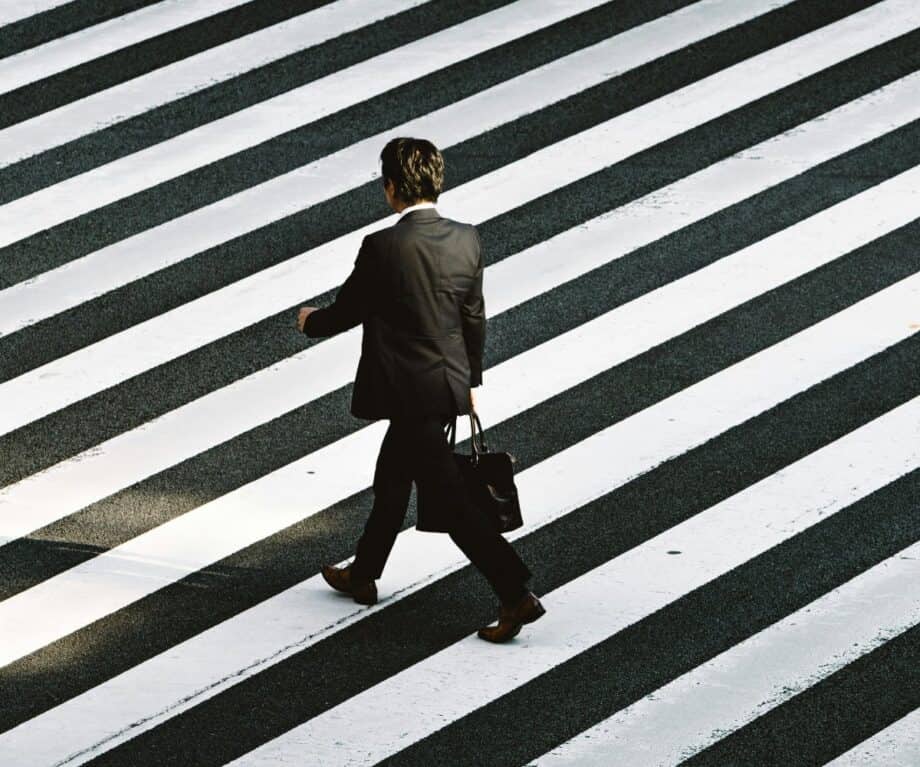
- Avoid loitering and blocking the flow of traffic, especially on busy streets. If you must stop, move to an area where you will not be disturbing the flow. This is especially important if you have lots of luggage taking up space.
- It’s considered bad manners to eat or drink whilst walking in Japan. Instead, stop and take a break whilst you eat; many places (including many convenience stores) have designated places for you to stop and eat.
- This rule also applies to smoking Whilst walking: it is common courtesy to go to a designated smoking area, as this is the most respectful to those around you.
- Keeping the streets clean is a point of pride in Japan, and you should hang on to all your rubbish until you find a bin or get home. Smokers often even carry portable ashtrays (available at convenience stores) to dispose of cigarette butts where cigarette bins are not available.
- Whilst it may be tempting in today’s photo-obsessed culture, do not approach the Ggeishas and Mmaiko for selfies in the street. They are working and often hurrying from one engagement to another, and as such, it is very disrespectful to hold them up for the purposes of getting a photo.
- Another golden rule to bear in mind in Japan: do not blow your nose in public as it is seen as very rude.
Travel and public transport
Travel by train or via the subway system is the most common method of getting around in Japan, and both etiquette and rules surrounding train travel in Japan can be quite a different to that you’d experience in other countries.
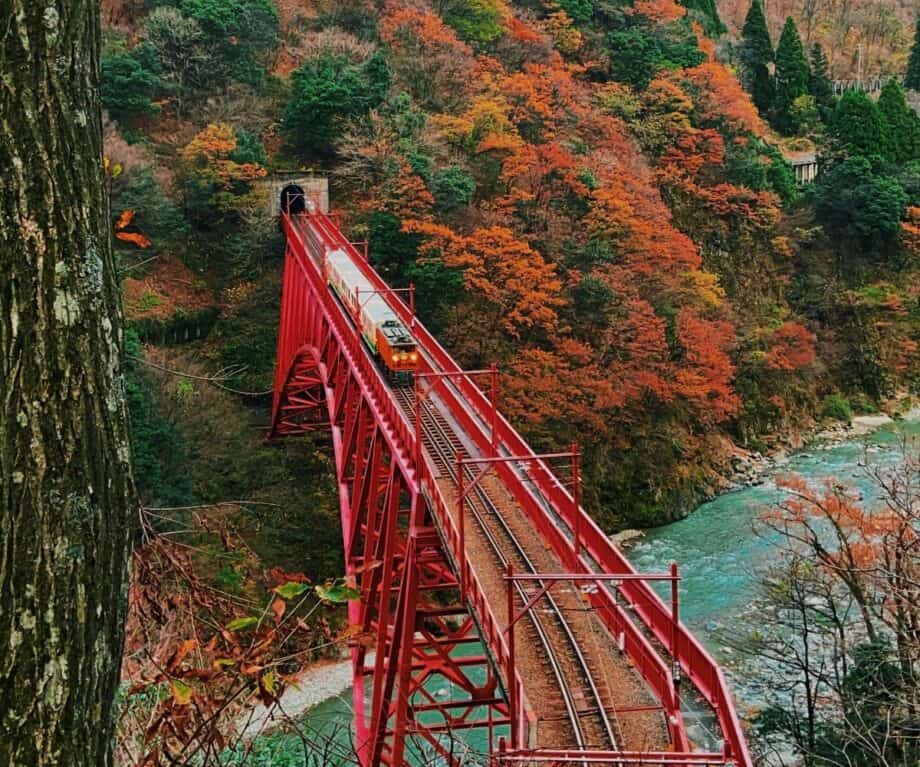
As such, the key things to keep in mind when utilising the countries excellent train systems as a tourist are:
- When moving around, always follow the flow of traffic – don’t worry, there tend to be arrows or signs to help point you in the right direction.
- Politeness is key when travelling by train, so ensuring you’re paying attention when walking around, waiting politely to board the train, and generally being observant of your surroundings is vital.
- If you have to make use of priority seating, you must give up your seat and respect the rules should someone who is elderly, disabled, or pregnant board the train.
- Whilst in some countries, taking phone calls or playing on your phone is widely accepted, in Japan this is certainly not the case. As such, you should keep your phone on silent and avoid taking calls when onboard and keep any noise to a minimum.
- Much like talking on the phone, conversations with your travel companions should also be done at a low level of volume.
- Eating and drinking is also not widely accepted, unless travelling via the bullet train.
- Being mindful of others, especially when it comes to space, is essential. You should never take up more than one seat on a train to accommodate your belongings.
Haroun Khan, Founder and Owner at JRPass, commented: “Adjusting to a world of new etiquette and customs may seem initially confusing as a visitor to Japan, but it isn’t something that should deter you from visiting this beautiful country.
“Experiencing a different culture to your own is an exciting opportunity and one to jump into. Japan is an incredibly welcoming place, and no visitor is expected to know the ins and outs of every unique custom, however, learning some of the basic etiquette is always an appreciated effort.
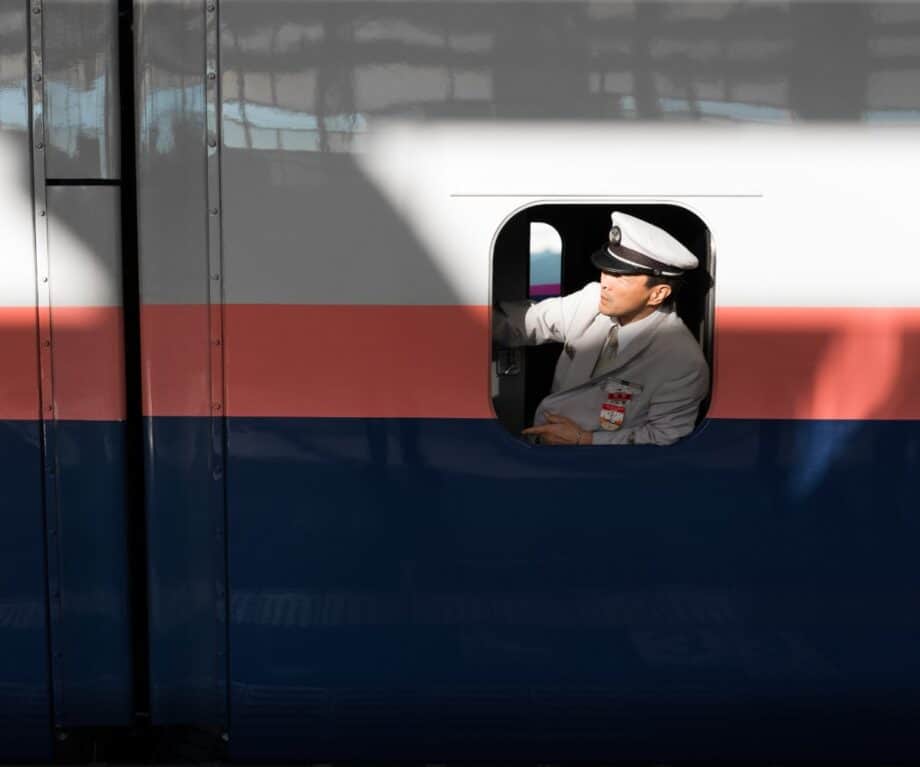
“Of course, these are just some of the many common courtesies and rules followed when in Japan, and the country has many other fascinating rules to keep in mind when travelling around there, so we’d encourage you to do your research before you visit.”
Did you enjoy this article?
Receive similar content direct to your inbox.

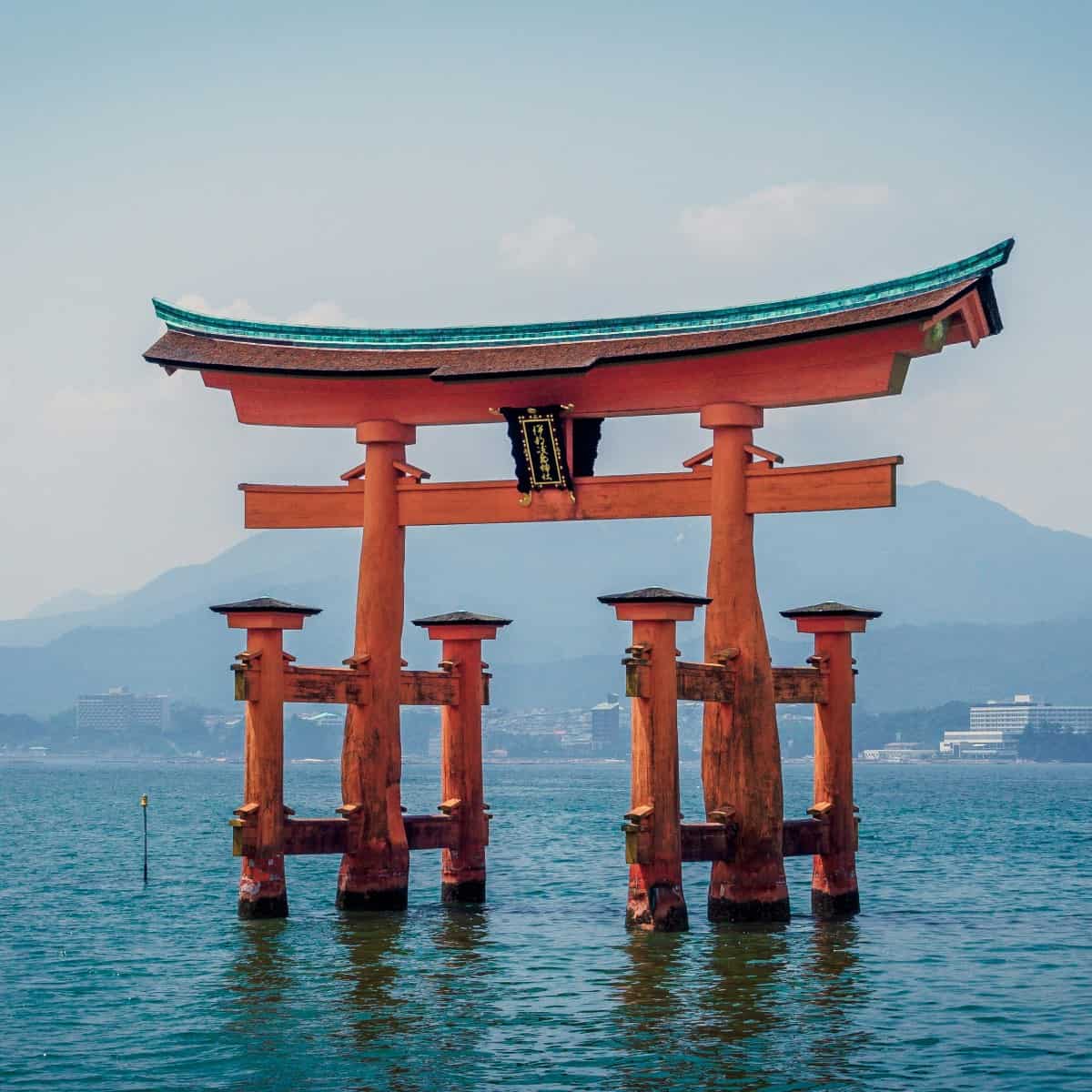

It must take a lot of concentration and restraint in the first few days to come to terms with a culture that is very alien to the one that we are used to in the west.
Yes, especially when you are in an environment when even things like reading signs can be a struggle for westerners. I believe it wasn’t until the build-up to the Tokyo Olympics that many of the metro stations were written in English as well as Japanese. And when you consider there are over 500 stations on that network….
This makes for an absolutely fascinating read, it goes to show how Japan developed very independently for so many centuries. It will be a shame if these differences are lost over time.
Very interesting how different countries have different customs. This one for me has always been a curiosity when I have been there. Thank you for this blog Paul.
It will indeed be a shame. These differences in culture are what make travel so interesting. I remember when I first landed in Japan and went to get a taxi to my hotel being very confused as to why each taxi driver was refusing to take me. It seemed very rude to me initially, as though they didn’t want to take foreign travellers. I later discovered that it was more likely that, because I was going to a new hotel that was relatively unknown at the time, that the drivers were not wanting to take me because they would have been embarrassed at getting the trip wrong and taking me to the wrong location. How much truth there is to that, I’m not sure, but I was assured by someone when I was there that this would have been why…
Thanks, Sara… I think Japan is particularly interesting in this regard. I’d say that culturally it’s unlike anywhere else I’ve been.
So Japan’s not a place for those of us who are chronic hayfever sufferers? There are times when I can hardly go 5 minutes without blowing my nose. Even if it’s in public.
This should be compulsory reading for anyone considering a visit to Japan. For British travellers it ought to be on the Foreign Office website.
I’ve known friends who’ve been to Japan and been totally overwhelmed by cultural disorientation.
I think for the first-time visitors to Japan, hiring a guide is an extremely good idea. Not only will they help you navigate some of these nuances without offending too many people hopefully, but they’ll also give you a lot of very useful insights.
It’s high time that the unwritten rules on Japanese etiquette were written down. Thank you for a very useful post.
I may have a business trip to Japan this year and in those situations it’s even more important that you get the etiquette right otherwise it could hit the bottom line.
Although something like 80% of the UAE’s population is from somewhere else it would be interesting to have a follow up piece on Arab culture.
Sometimes when I’ve been in business in Dubai and being hosted by Arabs I’ve had some insights. For instance, they feel it’s right to begin with family whilst us westerners would consider it unprofessional to start talking about family at a business meeting.